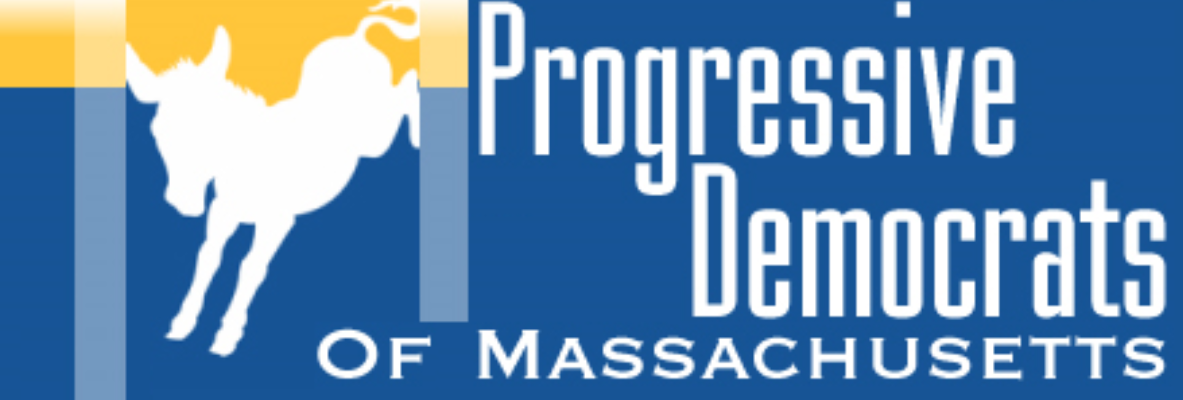Our Massachusetts legislature remains an outlier among state legislatures in the U.S.: the least productive and least accountable. In 2021, PDM convened a Legislative Reform Working Group that issued a report titled The Massachusetts Legislature: Democracy in Decline, which detailed the current state of dysfunction and explained the causes. The Working Group and this report were the genesis of the Coalition to Reform Our Legislature (CROL), a bipartisan group including PDM that is committed to reform. In January 2025, CROL filed two bills in the 2025-2026 legislative session, one, H.D. 1802, to create offices of legislative research and fiscal analysis, and the other, S.D. 1301, to reform the legislative stipend system by which leadership supplements members’ pay.
Massachusetts is unique among state legislatures in not having a dedicated office or committee tasked with providing research and other services to legislators. CROL’s first bill calls for the creation of two offices to be headed and staffed by non-partisan, independent experts in policy analysis, bill-drafting, and econometrics, including revenue forecasting and analysis of the fiscal impact of proposed bills.
The legislative stipend system in Massachusetts is by far the largest and most expensive in the country. Currently, the Speaker and Senate President control $4.3 million in extra pay annually for leadership and committee positions, many of which involve little or no additional work or responsibility. The second bill would significantly reduce the number of these stipends—by two-thirds in the House and more than one-half in the Senate—as well as the total dollars available to the Speaker, Senate President, and minority party leaders to dole out to favored legislators. Instead, stipends would only be paid to legislators taking on significant work or responsibility and would be further conditioned on committees operating in an open, participatory, and accountable way. The lure of extra pay and fear of losing it have made the stipend system a powerful tool by which legislative leaders exercise control over rank-and-file members.
